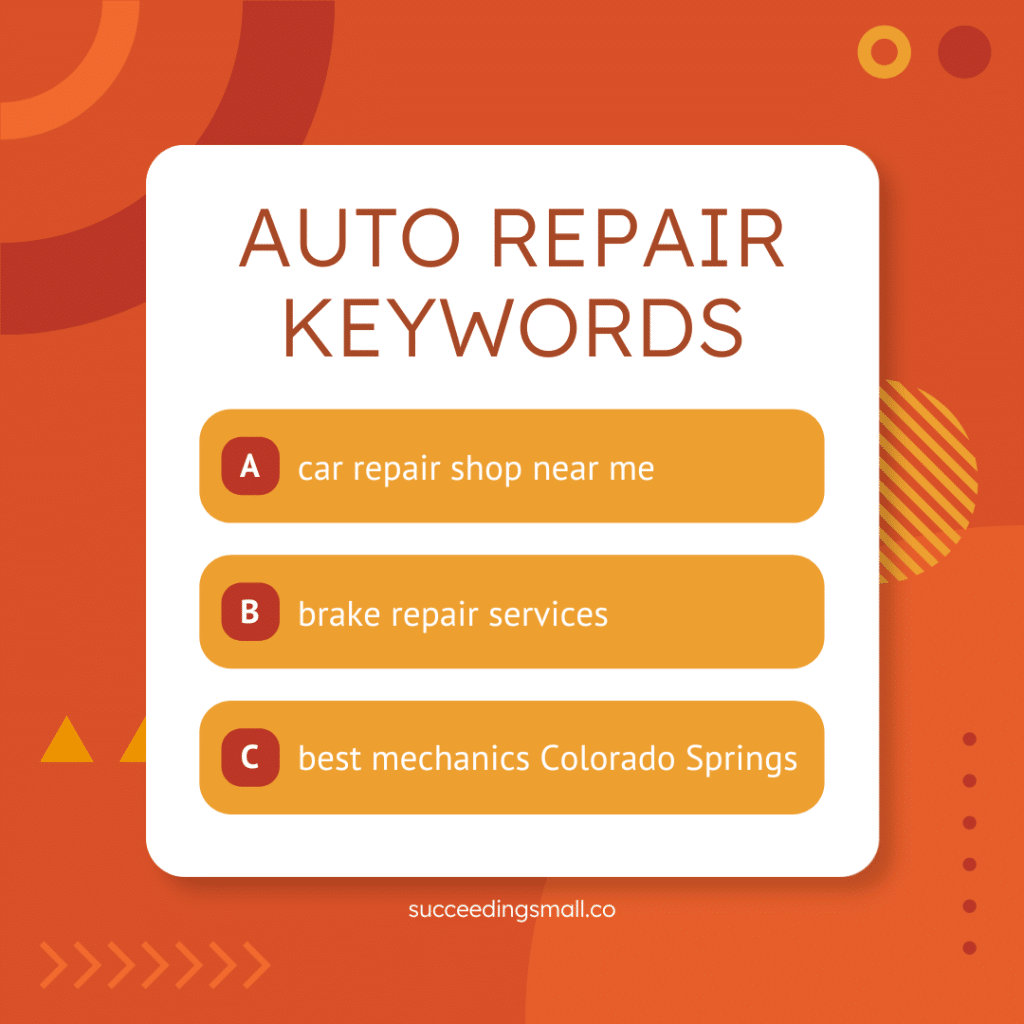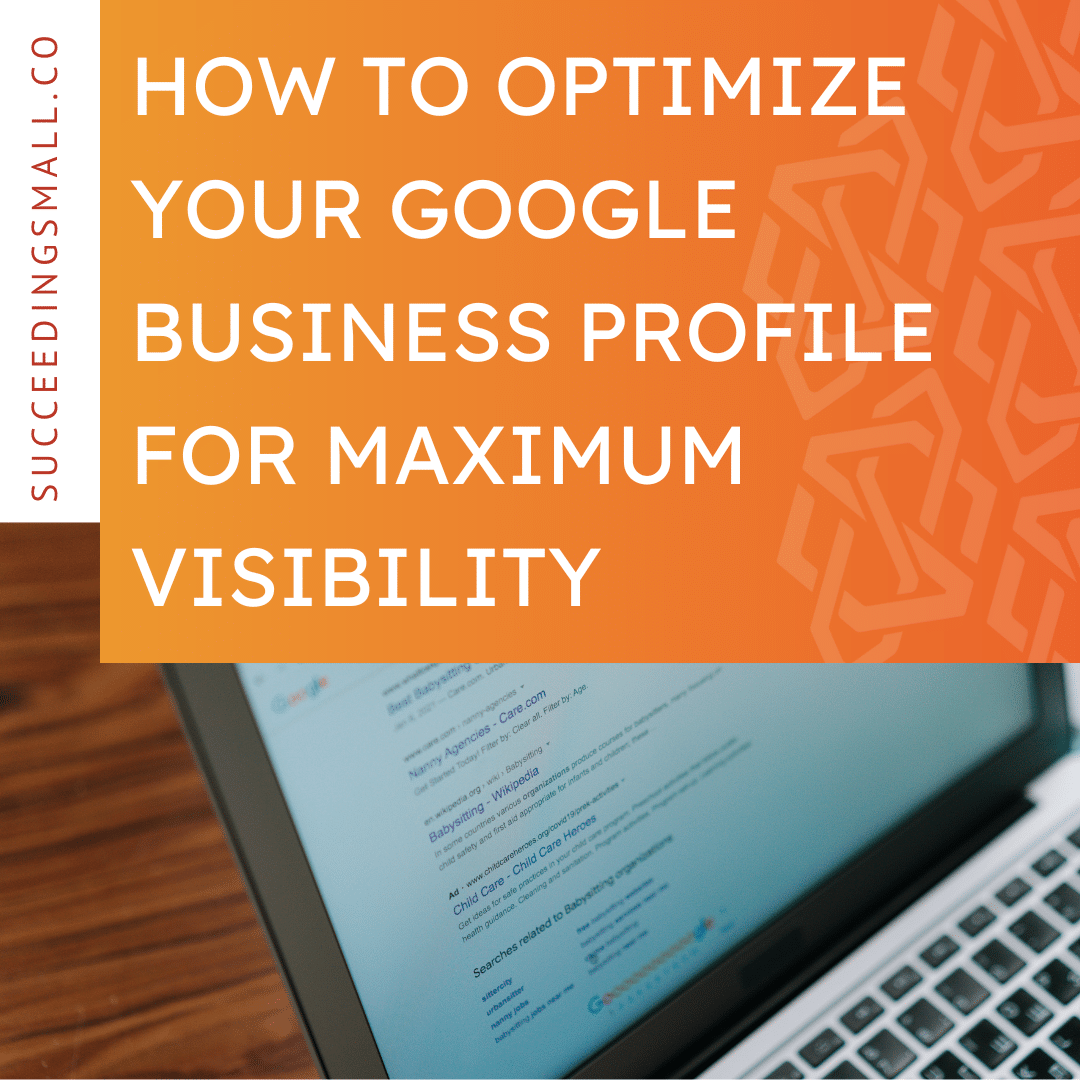Search is changing—fast. In fact, Gartner predicts that traditional search volume will drop by 25% by 2026, and many experts anticipate a 50% decline in organic traffic as consumers embrace AI-powered tools like ChatGPT, Perplexity, Gemini, and Microsoft Copilot.
And the shift is already happening.
A recent study by Botify found that 79% of consumers expect to use AI-enhanced search in the next year, and 70% already trust the results they get from generative AI platforms.
So what does this mean for your small business?
It means it’s time to pay attention to GEO—Generative Engine Optimization—and make sure your business is showing up when people ask AI tools who they recommend.
Let’s walk through what AI search is, how it works, and how you can get your business found in this new era of discovery.
What Is AI Search (And Why Should You Care)?
Unlike traditional search engines that return a list of links, AI search synthesizes answers using data from websites, directories, knowledge graphs, social platforms, and more. It’s not just pulling content—it’s generating it based on what it finds.
This means that instead of someone Googling “chiropractor near me”, they’re asking ChatGPT, “Who’s the best chiropractor in Colorado Springs for migraines?”
AI doesn’t just look for keywords—it looks for context, credibility, and specificity.
So if your business wants to show up, your website and online presence need to be:
- Comprehensive
- Conversational
- Credible
- Consistently cited across the web
What Is GEO (Generative Engine Optimization)?
Generative Engine Optimization (GEO) is the practice of optimizing your digital presence to show up in AI-generated responses.
It borrows from the fundamentals of SEO, but with some new rules of the game. AI tools don’t just read your site—they pull from all corners of the internet to validate you.
That means your goal is no longer just to rank on Google—your goal is to be the business AI recommends.

How to Get Found in AI Search (A Small Business Guide)
1. Start with Solid SEO Foundations
At its core, GEO is still about:
- Using relevant keywords
- Writing helpful, high-quality content
- Building trust and credibility online
Google still rewards websites that demonstrate E-E-A-T:
Experience, Expertise, Authority, and Trust.
And AI platforms pull from the same principles to decide what content (and businesses) to reference.
2. Target Natural, Conversational Keywords
AI tools interpret queries that sound like how people actually talk, such as:
- “Best landscaping company near me that uses eco-friendly materials”
- “Affordable pet groomer who does mobile appointments in Denver”
Use tools like AlsoAsked or Ubersuggest to discover the types of real questions your customers ask—and then create content that answers them directly.
3. Write Conversational, Helpful Content
Gone are the days of keyword stuffing. AI search loves:
- FAQs written in natural language
- Blog posts that answer specific, long-tail queries
- Service pages that clearly describe niche offerings
- Content that builds authority with statistics, expert quotes, and reputable sources
Pro tip: Use FAQ schema (structured data) on your site so AI can easily pull your answers.
4. Get Listed in Trusted Places
AI pulls from more than just your website. It references:
- Google Business Profile
- Yelp and other review sites
- Industry directories
- “Best of” local roundup articles
- Social media platforms like Facebook and Instagram
If you’re missing from these places, your chances of showing up in AI results shrink dramatically.
5. Build a Consistent, Credible Online Presence
Make sure your:
- NAP (Name, Address, Phone Number) is consistent everywhere
- Website uses schema markup
- Business is mentioned in reputable sources (e.g., news articles, directories)
- Brand has a presence on platforms like Wikidata or LinkedIn
This helps build your entity footprint, which makes it easier for AI to understand and recommend you.
6. Test Your AI Visibility
Try this yourself:
- Ask ChatGPT: “What do you know about [Your Business Name]?”
- Search: “Best [your industry] in [your city]”
- Ask: “Why did you recommend these businesses?”
Do you show up? Are the answers accurate? Where is the AI pulling that info from? This can give you insight into where you need to improve.
7. Track AI Traffic (Yes, You Can Do That)
Using GA4, you can now see if someone visits your site from tools like ChatGPT when it’s connected to a browser or plugin.
You can also use custom UTM tags to track links you’ve shared via AI plugins or chat interfaces.

The Future of AI Search for Small Business
AI search is evolving fast. In the near future, expect:
- Voice-driven searches to become even more common
- AI-generated shopping recommendations for local businesses
- Sponsored results (AI ads) embedded in chat responses
- New opportunities to build AI-specific integrations and plugins
The good news? Small businesses that act early have a massive opportunity to stand out.
Final Thoughts: Be the Business AI Recommends
In a world where AI tools are becoming the first stop for consumers, your goal is simple:
- Be the answer.
- Be visible, credible, and relevant.
- Be everywhere your customer (and the algorithm) is looking.
Need help getting your business found in AI search? Let’s talk. At Succeeding Small, we help service-based small businesses grow their visibility in the digital world—whether that’s on Google or ChatGPT.
Checklist
Ultimate AI Search Visibility Checklist for Small Businesses
Foundational SEO (AI still relies on solid SEO signals)
- Claim and optimize your Google Business Profile
- Have a mobile-friendly, fast-loading website
- Use local schema markup (e.g.,
LocalBusiness,Service,Organization) - Target local keywords (e.g., “plumber in Colorado Springs”)
- Get listed in high-quality directories (Yelp, Angi, BBB, etc.)
- Earn backlinks from local or industry-relevant sites
- Add FAQs to your site with clear, conversational answers
Structured, AI-Friendly Content
- Write helpful, human-sounding content that answers real questions
- Use question-based headings (H2/H3) that mimic user queries
- Include content with “who, what, where, when, why, how” formats
- Regularly publish blog posts or articles targeting niche/local topics
- Create service area pages for each city you serve
- Highlight pricing, service details, and processes transparently
Credibility, Sources & Trust Signals
- Have clear ‘About’ and ‘Contact’ pages
- Include customer testimonials or case studies
- Mention awards, certifications, or media features
- Get reviews on third-party platforms (not just Google)
Align with AI Search Models
- Mention your business name and location naturally in content
- Have a clear, consistent NAP (Name, Address, Phone) across the web
- Use plain language that LLMs can easily parse and summarize
- Get mentioned in local news, blogs, or niche directories (semantic signals matter!)
- Write in a way that establishes topical authority (especially on your services)
AI Assistant Optimization (ChatGPT, Perplexity, Claude, Gemini)
- Create content that directly answers common user prompts (e.g., “best [service] in [city]”)
- Make sure your business info shows up on sites these models scrape (Yelp, Crunchbase, LinkedIn, BBB, local chambers of commerce)
- Check your brand’s visibility by asking AI tools about your industry in your area
- Ensure your business is listed on public, crawlable pages (some AI tools avoid walled content)
- Use your blog to create explainer-style content that AI might quote
- Update key service pages frequently—AI likes fresh content
Bonus Tips
- Offer downloadable resources or tools (helps build authority & engagement)
- Answer questions on platforms like Quora or Reddit under your brand
- Monitor mentions of your brand using tools like Google Alerts
- Track AI visits on Google Analytics by monitoring Traffic Acquisition Reports
- Use tools like SEMrush to tell you if you are ranking for AI overviews on the SERP
- Use AI tools to audit your own visibility (ask “who are the best [your service] in [city]?”)

Web Design Mistakes That Hurt Your SEO
Search is changing every day. Gartner predicts that traditional search volume will drop by 25% by 2026, and many experts anticipate a 50% decline in organic traffic as consumers embrace AI-powered tools. A recent study by Botify found that 79% of consumers expect to use AI-enhanced search in the next year, and 70% already trust the results they get from generative AI platforms.
What does this mean for small businesses?
This means it’s time to pay attention to your GEO – Generative Engine Optimization, and make sure your business is showing up when asking AI tools who they recommend.














